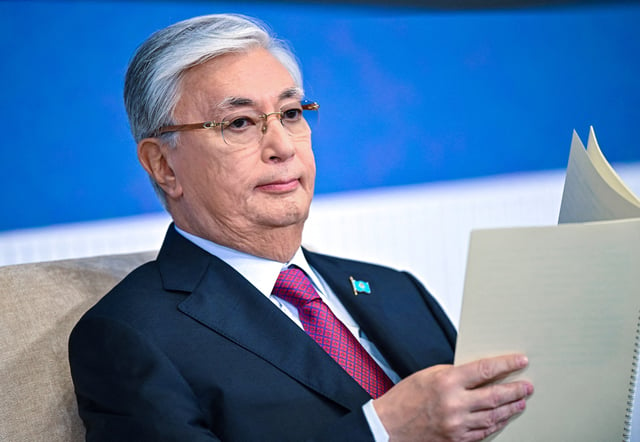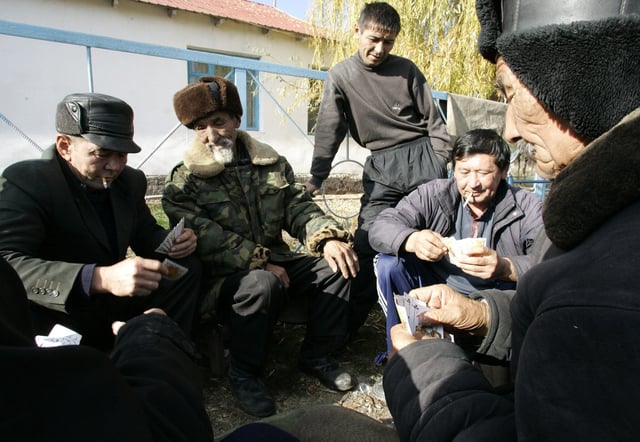Overview
- On June 30, President Kassym-Jomart Tokayev enacted a law banning all face-covering garments in public spaces that obscure facial recognition.
- The legislation provides narrow carve-outs for medical masks, protective weather gear, cultural gatherings and sporting events to facilitate compliance.
- Officials argue that face coverings pose public safety risks by impeding law enforcement identification and that the ban reinforces Kazakhstan’s secular national identity.
- The text does not single out religious dress, but represents the latest in a series of state measures curbing Islamic veils, including hijab bans in schools since 2017.
- Kazakhstan becomes the latest Central Asian state after Kyrgyzstan (2025), Uzbekistan (2023) and Tajikistan (2024) to restrict face-covering attire as part of regional counter-radicalisation efforts.


